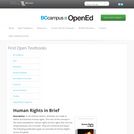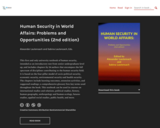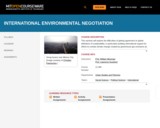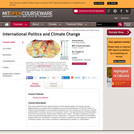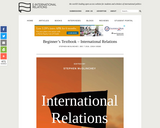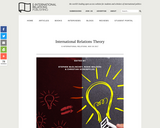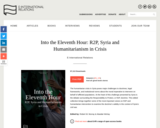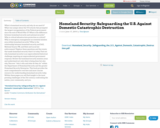
What is homeland security and why do we need it? What was unique about the 9/11 attacks that prompted the largest reorganization of the Federal government since the end of World War II? What is the difference between homeland security and national security? Why is critical infrastructure protection so critical? Why is emergency management an essential mission area within homeland security? What is the relationship between homeland security and DoD, National Guard, FBI, and State and Local law enforcement? Explore these questions and the events that made homeland security what it is today. Find out why homeland security is an unprecedented historical challenge requiring an unprecedented government response. Review the homeland security mission areas and understand not only what is being done but also why. Discover “who’s who and what do they do” within the Department of Homeland Security and the greater Homeland Security Enterprise. This book provides the most comprehensive overview and most concise resource for understanding homeland security today. Within these pages you will find insight to the most pressing challenges of the 21st century confronting the nation, your community, and you.
- Subject:
- Business and Communication
- Career and Technical Education
- Criminal Justice
- History
- Law
- Management
- Political Science
- Social Science
- U.S. History
- Material Type:
- Textbook
- Date Added:
- 06/13/2019


